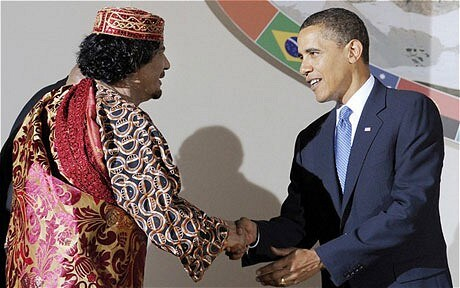The United Nations' highest court, the International Court of Justice (ICJ), has ruled that Israel's presence in the occupied Palestinian territories is unlawful and must come to an end as quickly as possible.
This non-binding ruling comes amid ongoing conflict in the Gaza Strip and increasing calls from Israeli government ministers to expand control over the West Bank into full-scale annexation. Finance Minister Bezalel Smotrich suggested that Israel should prepare for annexation in response to the ICJ ruling, arguing that it is necessary to “thwart” any potential for a Palestinian state.
The current situation already hinders the establishment of a Palestinian state, with Israeli settlements strategically positioned to prevent any contiguous territory from being available for an independent Palestine.
The ICJ's ruling asserts that the settlements and Israeli government actions, including systematic discrimination against Palestinians within the territory, already amount to annexation in parts of the would-be Palestine.
Israel responded angrily to the ruling, with accusations of antisemitism. National Security Minister Itamar Ben-Gvir reiterated calls for annexation, stating, “the time has come for governance and sovereignty.”
Settler leaders echoed the call for sovereignty over the occupied territories, claiming that the ICJ's ruling, which declares the settlements a violation of international law, itself violates international law and the Bible. They insisted that Israel should apply sovereignty to “Judea and Samaria.”

















